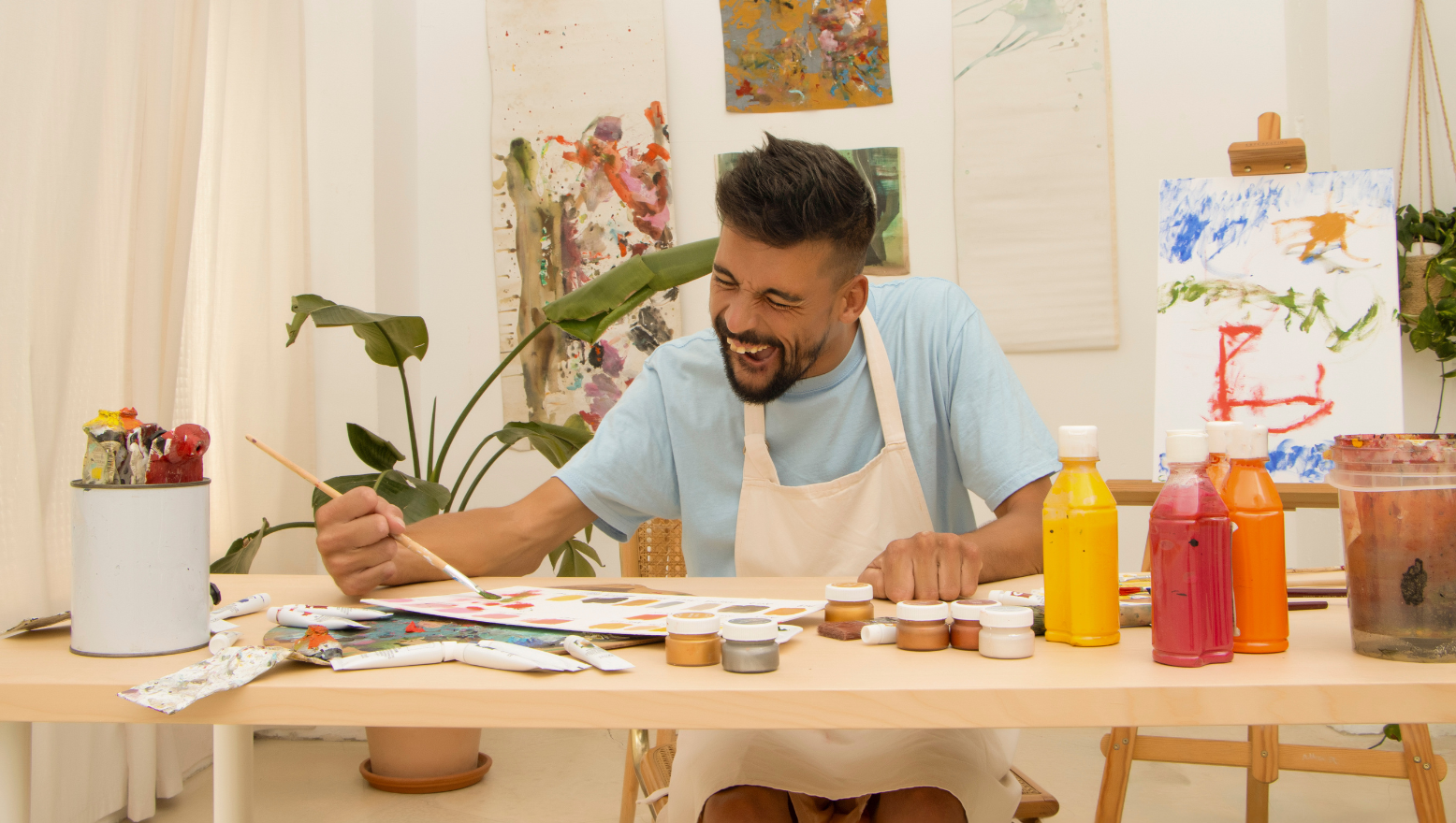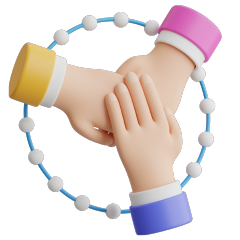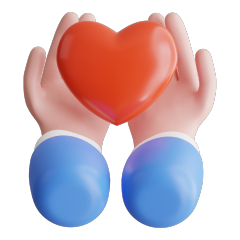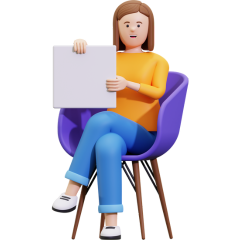NDIS announces changes to music and art therapy funding

NDIS music and art therapy will remain available to participants, but funding will shift to two options under the community participation budget.
Table of Contents
The National Disability Insurance Scheme (NDIS) has announced changes to how music and art therapy is funded, with new arrangements taking effect on 24 November 2025.
Music and art therapy will remain available to participants under the community participation budget.
The NDIS has set a new price cap for music and art therapy services at $156.16 per hour. This cap aligns the rates for these therapies with those for counselling professionals, ensuring consistency and reducing market distortions. The NDIS will continue to fund these therapies where there is clear evidence of beneficial outcomes for participants.
Evidence-based therapy requirements
The NDIS legislation outlines a clear standard for allowable therapies. The list includes evidence-based therapy designed to help participants improve or maintain functional capacity in key areas such as:
- Language and communication
- Personal care
- Mobility and movement
- Interpersonal interactions
- Psychosocial functioning
- Community living
Therapies must also include assessments by health professionals for support planning and review as required. Therapy such as psychology or occupational therapy is paid at a higher rate compared to other activities funded through the NDIS.
According to the National Disability Insurance Agency, while music and art therapy remain permissible, they do not currently meet the evidentiary standards to be classified as ‘therapy’ under the definition of NDIS supports. As such, these activities will be funded at community participation rates, except for participants who have them specifically listed in their plans as reasonable and necessary.
Art and music therapy support emotional expression, improve communication and contribute to mental well-being for many NDIS participants. These therapies serve as creative outlets that help manage stress and build confidence, particularly for individuals with psychosocial disabilities or those who find social interactions challenging.
While currently funded under community participation rates, their value in improving participants’ quality of life is recognised by organisations such as the Australian Music Therapy Association.
Further review underway
Recognising the evolving evidence base for art and music therapy, the NDIS Evidence Advisory Committee (NDIS EAC) will assess these supports further. This process aims to ensure participants have access to effective, evidence-based therapies and is a key step from the NDIS Review’s recommendations.
More information on allowable supports and updated guidelines can be found here.
How Leora Healthcare can help
At Leora Healthcare, we stay on top of NDIS updates to assist participants with accessing available supports. Our skilled staff and support workers can help with community participation, keeping up with your therapy appointments and more.
If you need a support worker to accompany you to music or art therapy, contact us today.





